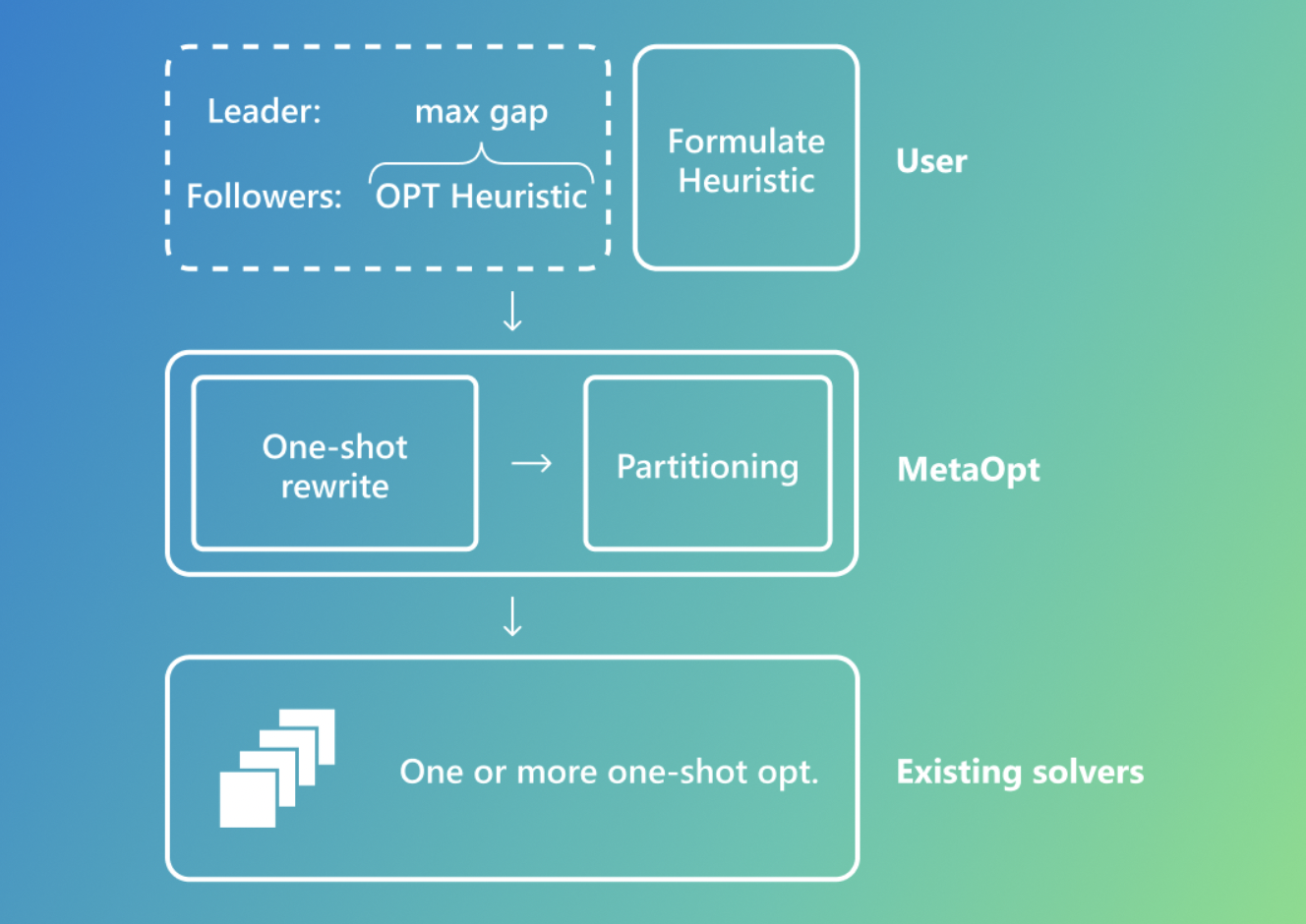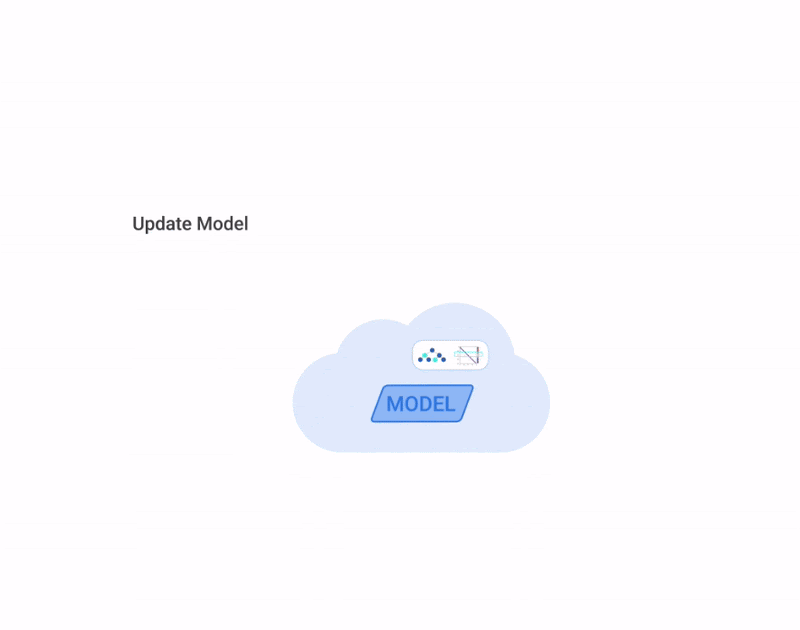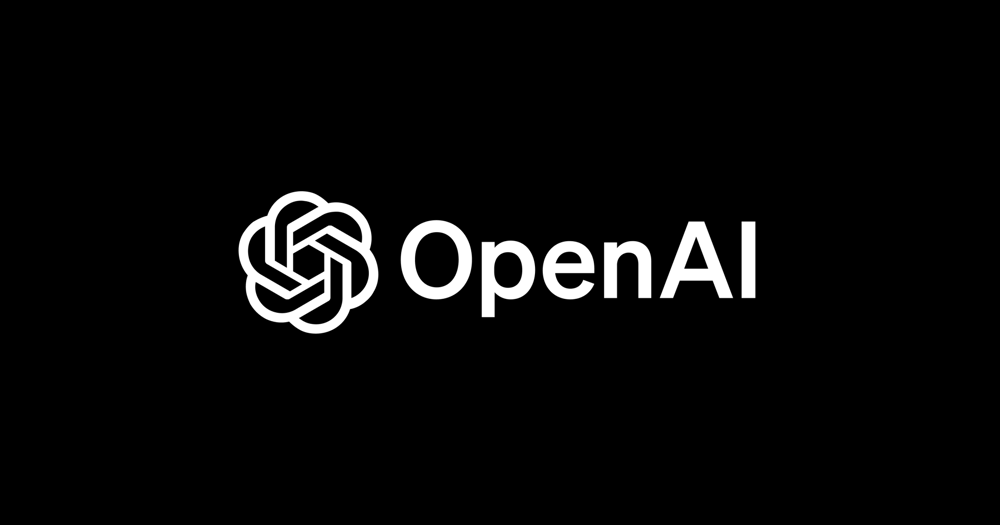Heuristic algorithms are those algorithms that use practical and intuitive approaches to find solutions. They are very useful in making quick and effective decisions, even in the case of complex operational scenarios, such as managing servers in cloud environments. But, managing the reliability and efficiency of these heuristics is challenging for cloud operators. If not done properly, it can lead to poor heuristic performance, over-provisioning resources, increased costs, and failure to meet customer demands.
Consequently, Microsoft’s researchers have developed MetaOpt, a heuristic analyzer that enables operators to evaluate and enhance heuristic performance before deployment in environments. The researchers claim its effectiveness by emphasizing that MetaOpt provides insights about the performance differences and compares algorithm performance, contrary to traditional heuristics approaches.
MetaOpt can do what-if analyses by allowing users to strategize the combination of heuristics and understand why certain algorithms outperform others in specific scenarios. It can learn from the heuristics of domains like traffic engineering, vector bin packing, and packet scheduling. The researchers also emphasize that MetaOpt can be used to solve the problem of defining tighter constraints for heuristics, such as first fit decreasing in vector bin packing. Further, one of the amazing features of MetaOpt is that it can also point out areas for improvement and validate the validity of these heuristics.
MetaOpt is based on Stackelberg games, a leader-follower game class. In this framework, the leader decides the inputs from one or more followers and then maximizes the performance disparities between the two algorithms. This allows MetaOpt to provide scalable and user-friendly analytical tools for heuristic analysis. Also, using MetaOpt is very straightforward. Users just have to input the heuristic they want to analyze and then the optimal algorithm. Then, MetaOpt translates these inputs into a solver format. It then identifies performance gaps and the input that cause these performance gaps. It offers a higher-level abstraction feature to tackle these challenges and simplifies heuristic input and analysis.
The researchers want to improve MetaOpt’s scalability and usability in the future. They emphasize that MetaOpt can significantly help in the heuristical approach of advancing users’ understanding, explaining, and improving heuristic performance before deployment. Also, they highlighted that MetaOpt can enhance user accessibility and expand support for various heuristics.
In conclusion, MetaOpt can be a significant step in the domain of heuristics because of its enhanced features and ability. MetaOpt can solve the challenges faced by cloud operators in evaluating heuristic performance. Its ability to analyze, understand, and improve heuristics before deployment is very useful for cloud operations as it enhances decision-making processes and resource utilization, ultimately leading to more efficient cloud operations.



